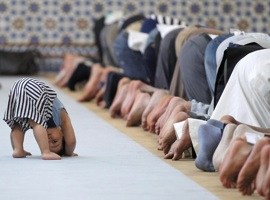
“Societies in Transition: Progression or Regression?” – BSA Conference Report
“Societies in Transition: Progression or Regression?” British Sociological Association (BSA), University of Glasgow, 15-17 April 2015. Conference report for The Religious Studies Project by Rachel Hanemann.
The British Sociological Association’s conference was held this year at the University of Glasgow. The conference theme was “Societies in Transition: Progression and Regression,…








